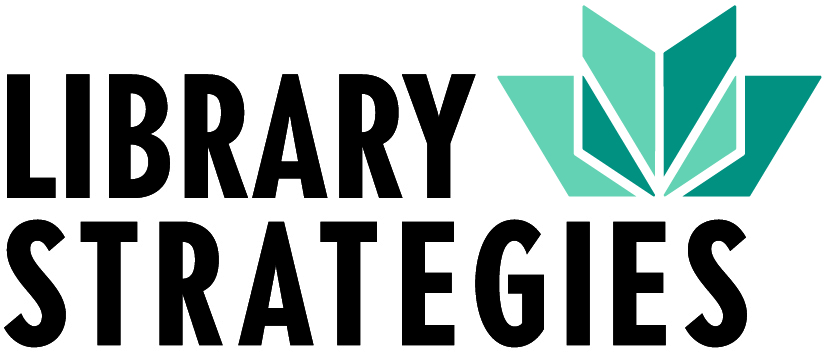Writing an Effective Solicitation Letter

The solicitation letter may be one of the oldest fundraising strategies out there, and although it is true that there are many other, more modern efforts, the solicitation letter is still around for one major reason: it works. We decided to outline a few tips and tricks to make your next solicitation letter more effective. Getting the letter into your donors’ hands is easy, but getting them to open it, read it, and then decide to make a donation is much harder. These steps will increase your chances for success during your next fundraising campaign.
1) If you can, hand-address solicitation letters. It increases the likelihood that the envelope will be opened.
2) Put a first-class stamp on your solicitation letter. Anything other than a first-class stamp will get less attention from a potential donor. Bulk mail rates may be cheaper, but remember: you want your mailing piece to make a good impression to increase the likelihood of being opened and read.
3) Whenever possible, personalize your letters. Address the donor by name. Never start your letter with “Dear Library Friend.” Using the mail merge feature in Microsoft Word is easy. There are also mailing services that can merge data into your letter so that each will be personalized; however, there is a cost to this service.
4) Add a personal, handwritten note to the letter whenever possible, encouraging giving. This is best done by someone – a volunteer, not a library staff member – who knows the recipient. A simple note like “Jane, the library would appreciate your support!” (signed by a person Jane knows) will do.
5) Include a response card and self-addressed return envelope. No stamp is necessary on the return envelope because most donors are quite happy to pay for the cost of a first-class stamp.
6) Personalize the return address envelope. People give to people. If a volunteer has written a personal note of encouragement on the solicitation letter, add that person’s name to the return address portion of your mailing envelope.
7) Don’t forget the telephone. If a volunteer has written a personal note of encouragement on a solicitation letter, ask if he or she will make a follow-up phone call—or even a personal visit. A caller who says, “I hope you’ll take the time to read the library’s message and will join me in supporting the library with a personal gift” can make a real difference in the response rate to your solicitation letter.

